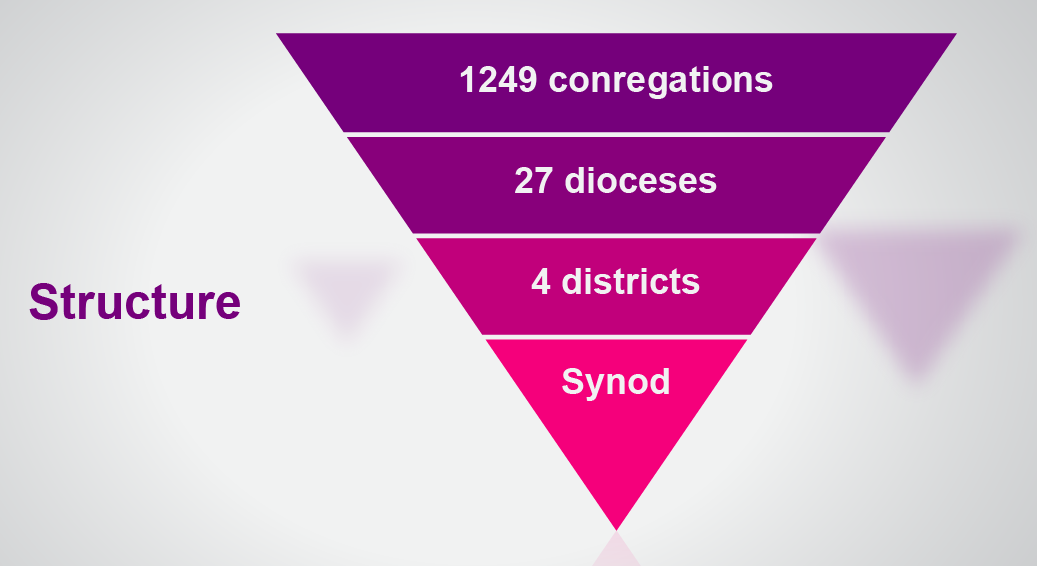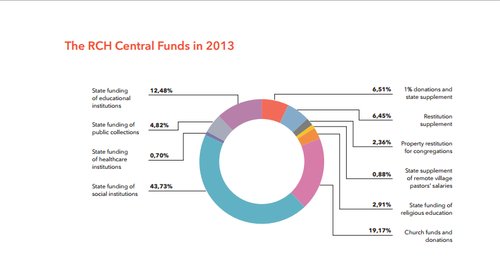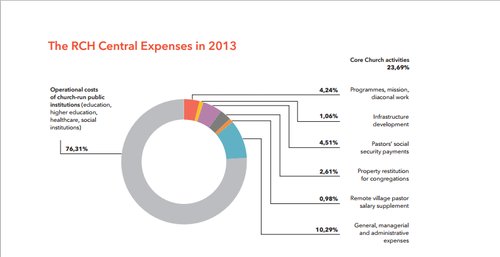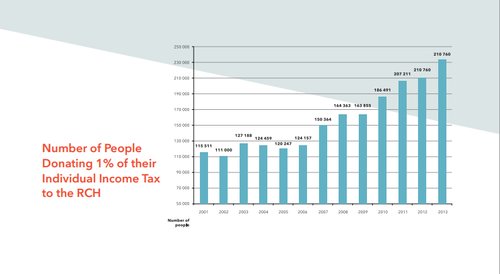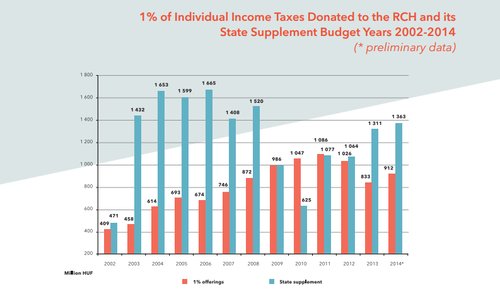Organisation
The RCH has 1,249 congregations (local churches). They are considered the most fundamental unit of our church, based on the principle: "the church exists in its congregations." The RCH is structured and governed according the presbytery-synodical system.
In order to organise church life on regional and national levels, the RCH has established higher structural bodies for church legislation and operation: 27 presbyteries, four districts and the General Synod. Presbyteries usually contain approximately 30-40 congregations and have mainly administrative roles; each Presbytery belongs in one of the four church districts: the Cistibiscan Church District (centre: Miskolc), the Transtibiscan Church District (centre: Debrecen), the Danubian Church District (centre: Budapest), or the Transdanubian Church District (centre: Pápa). The ultimate source of church legislation and administration of the Reformed Church in Hungary is the General Synod.
The RCH (as a member of the family of Reformed churches in the world) is constructed in a representative way from below, from the congregational level. Members of governing bodies on all levels of the church are elected by a group of church members, and in all levels above the congregation pastors and lay people are represented equally.
The church levels function independently providing various kinds of service and using their own budget. Our common church constitution, together with a set of specific rules and regulations, makes it possible for different units of the church to create their own operational design, to collect maintenance fees, to rent out church buildings and other properties according to their needs. However, for certain transactions they depend on higher church bodies. These general rules allow for freedom and flexibility in the congregations' operation, but they also protect the integrity of the church: a value that is highly important in our service. Interestingly enough, this Calvinist representative system and method of church governance, which was first used in the 18th century United States' Constitution, became the pattern for present-day democratic election procedures.
Contact us
Click here if you are interested in twinning.
Reformed Church in Hungary
Address: H-1146 Budapest, Abonyi utca 21.
PO Box: 1140 Budapest 70, Pf. 5
Email: oikumene@reformatus.hu
English, German and Korean language services in Budapest
Links
Recommended articles
-
Diaconia Videos
Bridge of Love - Volunteering Days
-
Newsletter of the RCH - 12. September 2019
-
The "But" of the Resurrection
During the visit of the RCH delegation, on the 31st March, Presiding Bishop István Szabó gave a sermon in the Armenian Evangelical Bethel Church in Aleppo.
-
Memorandum of Commitment
On the 27th March Presiding Bishop István Szabó and leaders of the National Evangelical Synod of Syria and Lebanon as well as the Union of Armenian Evangelical Churches in the Near East has singed a Memorandum of Commitment expressing their dedication to the partnership with each other.
-
Newsletter of the RCH - 17 December 2018

